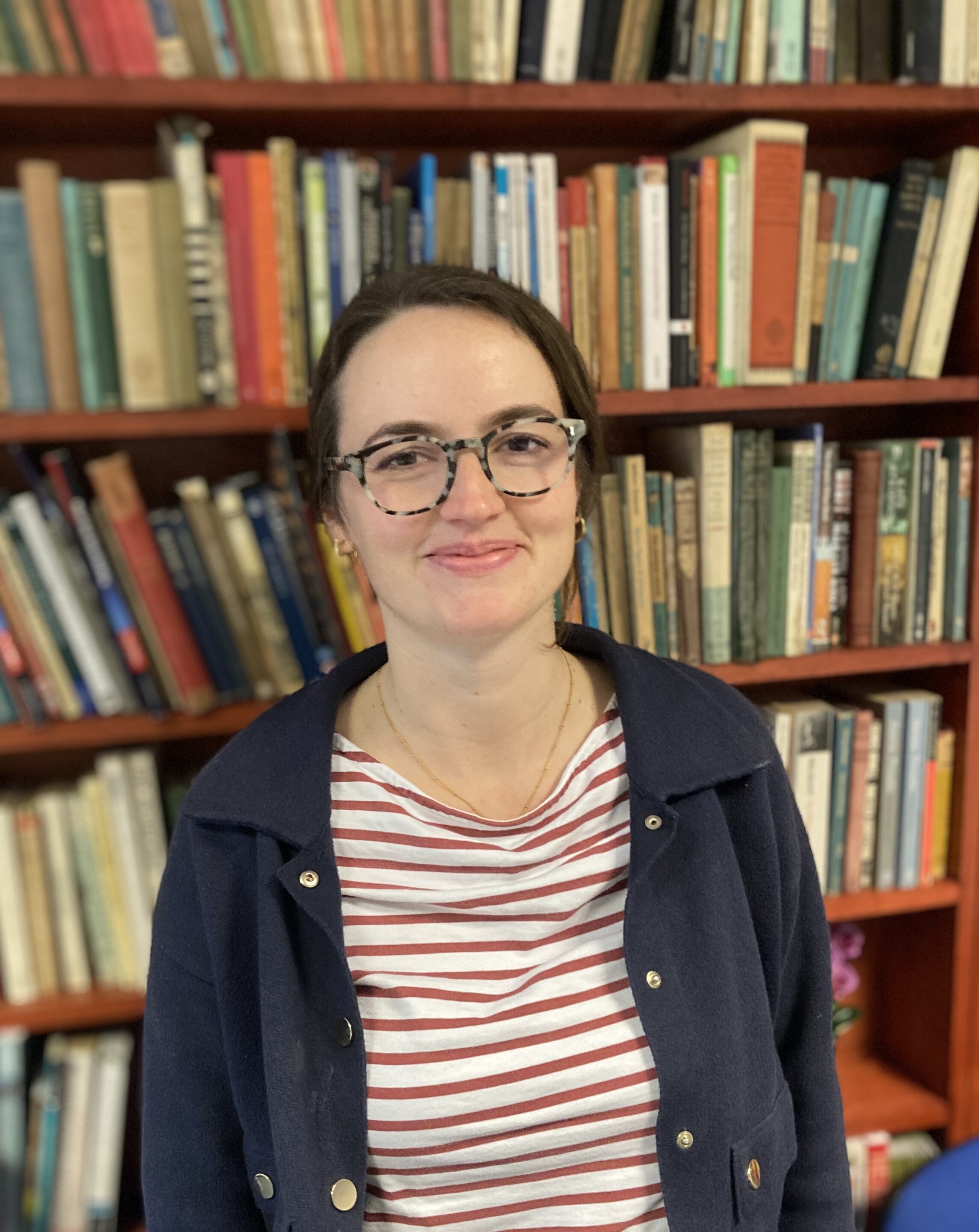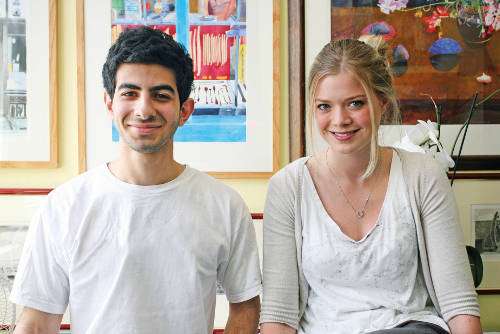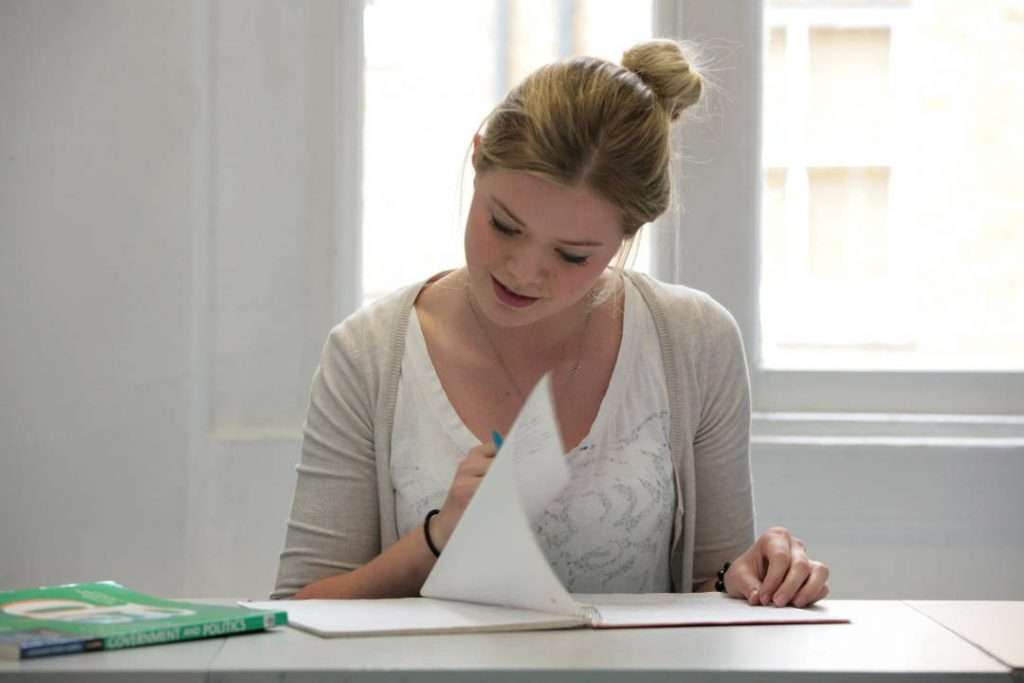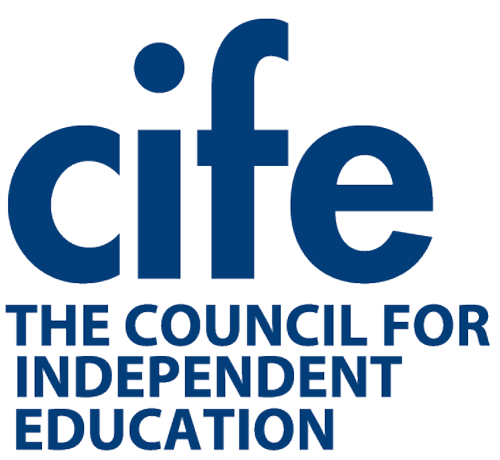Careers in Academia: Dr Jeanne Wolstencroft
 Today we were lucky to welcome speaker Dr Jeanne Wolstencroft, Senior Research Fellow at the UCL Great Ormond Street Institute of Child Health, who gave a talk about her winding career path into academia. Her talk challenged assumptions as one of her key messages was that it had not been a straightforward process and along the way, she not only changed direction at various points, but also had a ‘CV of failures’.
Today we were lucky to welcome speaker Dr Jeanne Wolstencroft, Senior Research Fellow at the UCL Great Ormond Street Institute of Child Health, who gave a talk about her winding career path into academia. Her talk challenged assumptions as one of her key messages was that it had not been a straightforward process and along the way, she not only changed direction at various points, but also had a ‘CV of failures’.
Jeanne first studied Neuroscience as her parents had not wanted her to do Psychology. After her degree she was still unsure about what to do, so she worked as a school teaching assistant and volunteered at the Alzheimer’s Society. She then took a turn in direction and embarked on an MSc in Creative and Media Enterprises, and from this secured an internship at an art online start-up. Her unpaid internship led to a job offer and she rose up the ranks to become Marketing Director.
Despite her success, Jeanne started to hanker after her original desire to study Psychology. She therefore decided to start an MSc Conversion in Psychology, which would ultimately allow her to pursue the competitive path of qualifying as a Clinical Psychologist. This led to a psychology research position with an organisation she still works with today. A mentor told her she had good research capabilities and suggested a PhD in her field of interest, which led her to become an expert in a field relating to rare genetic disorders which can be linked to neurodiversity. To date, Jeanne has still not embarked on the route to qualifying as a Clinical Psychologist. Instead, she has continued on her research path at UCL. As Senior Research Fellow she is a good half way up the academic career ladder. A student asked how long this career journey had taken Jeanne: the answer was 15 years.
When we see accomplished academics, we often assume their brilliance has assured a straightforward path to success, but Jeanne revealed that was definitely not the case. Completely a PhD is itself a feat, but on completion of PhDs in the scientific field, over half leave academia immediately, and just 3.5% stay in academia until they reach the stage Jeanne is now at. A mere 1 in 200 people who do PhDs ever climb to the giddying heights of being Professors.
As a researcher Jeanne is dependent on funding for her research projects, meaning a lot of her time is spent creating project proposals and pitching for funding, rather than actually conducting research. This is where both the failure and the need for resilience come in. Researchers’ CVs present all their project proposals and state whether they are successful or not. In Jeanne’s case her rate of ‘failure’ was around 50% which she said was actually normal, and that even with disappointments she needed to pick herself up and move on to the next project, the next proposal.
Our students often feel overwhelmed by the feeling they need to make decisions that are cast in stone at the age of 18, and they often don’t realise that it is extremely rare these days for people to continue in one line of work for life. Jeanne’s winding career path is an inspiring and reassuring example of this reality.
Jeanne’s final thoughts offered our students some great advice to help them find their way:
- Follow your interests
- Luck plays a big role and will present new opportunities
- Be prepared to fail – it’s part of the journey!





